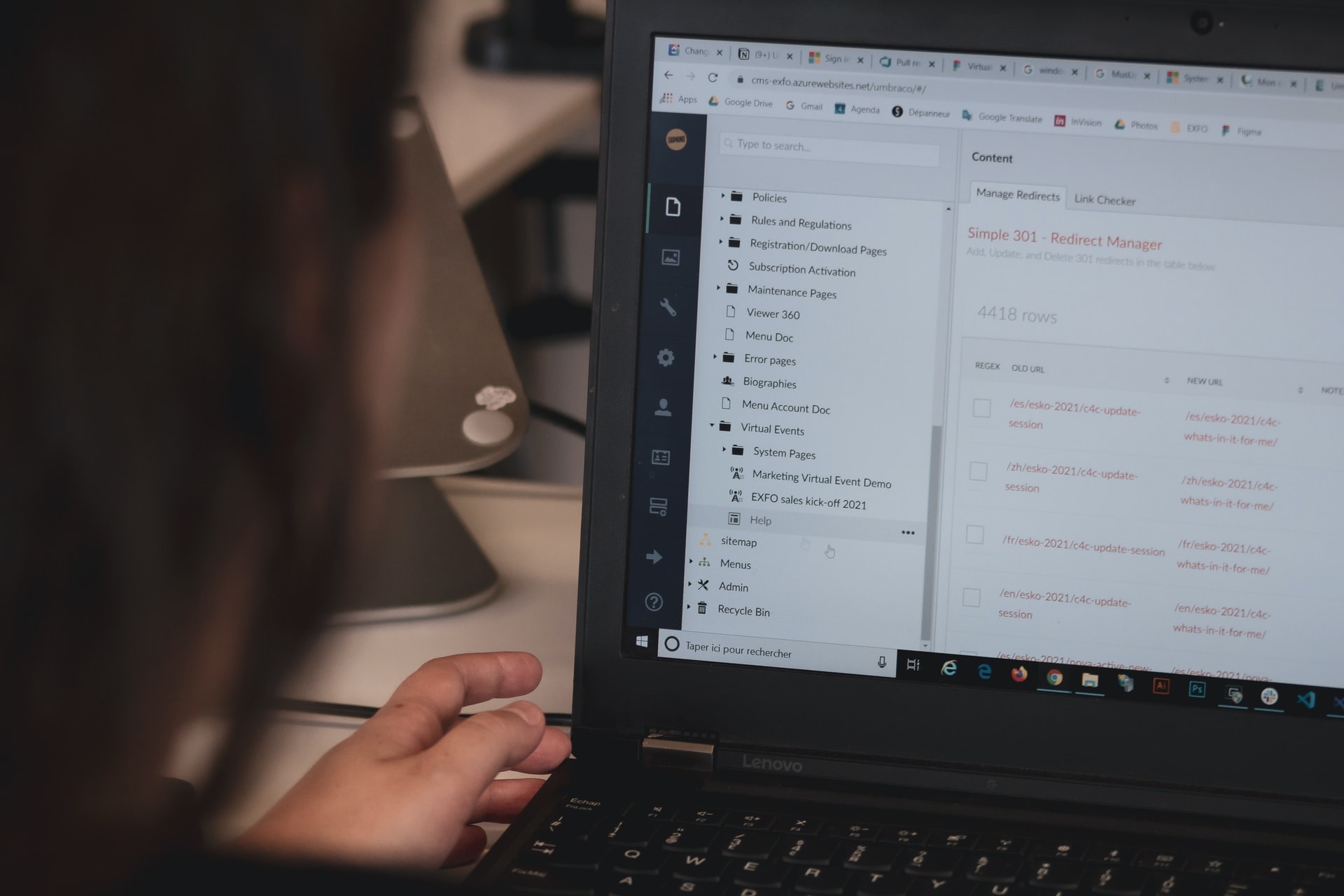That will tech them: 5 cybersecurity essentials companies should give their workers
As a homeowner, you wouldn’t focus all of your security efforts on reinforcing your home’s front door while leaving the back door open for any budding intruders to see. Therefore, it’s surprising how many businesses equip their premises with locks, security cameras and motion sensors but neglect their cybersecurity.
Small businesses are especially prone to doing this – which is why, as Business 2 Community reports, 71% of cyberattacks are inflicted on companies with under a hundred employees. However, regardless of how many employees your company has, here are several cybersecurity tools you should hand them as standard.
Modern hardware
The longer your workforce keeps using a particular laptop, mobile device or router, the more time that hackers get to figure out how to infiltrate it.
This isn’t necessarily to say that you should buy up-to-date replacements as soon as they become available for any of these pieces of hardware – especially as a tight budget could rule out such moves anyway. All the same, though, you shouldn’t be hanging stubbornly onto tech you originally bought back in, say, 2002.
Automatic security updates
Fortunately, these days, it’s not hard to find operating systems – like Windows 10, iOS and iPadOS – which not only come with a steady supply of software updates but also let users configure them to be installed automatically as and when they are released.
It’d be a good idea for you to switch on the setting for those automatic updates before members of your team get the gadgets – as, otherwise, crucial security fixes could too often be skipped in the name of expediency.
A private access system
Even if you run a small business with relatively few employees, probably not all of them require round-the-clock access to all applications your company has at its disposal.
You have an interest in implementing a private access system – like that available from Wandera – to restrict access to sensitive apps. That’s because the fewer users who can access a particular app, the fewer mistakes that could be made and leave that software easy prey for hackers.
Training on cybersecurity basics
Before they get access to your business systems, you should teach each employee how to master various cybersecurity basics. Those should include how to detect suspicious emails and properly log out of sensitive applications.
Members of your team might also have personal devices they use for work – in which case, you should make sure these people know how to suitably secure that tech.
Backup and recovery solutions
If your business was indeed struck by a cyber attack, would the company be able to keep serving its customers as though, as far as they could see, nothing has happened? In truth, your business could find itself temporarily out of action – at which point, you should fall back on backup and recovery procedures.
The World Economic Forum advises you to have such procedures that let you not only maintain backups but also access them quickly. You should also keep those backups safe from malware that could otherwise delete or corrupt them.

